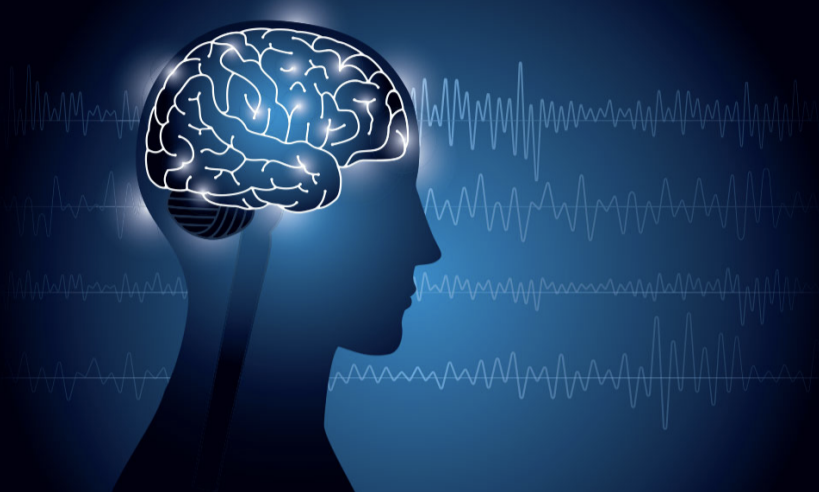Have you ever had to study really hard for a test or finals, and perhaps memorize tons of different terms and definitions? Maybe you had to memorize a musical piece for a performance, or maybe even instructions for a specific procedure. In all of those cases, memory is something that you would definitely need in your day-to-day life. But where does this superpower of immediately remembering terms come from, especially after learning about it just a few times and being able to instantly recall those actions? You guessed it – it’s none other than the brain.
Memory isn’t something that just magically appears in your brain, and you definitely can’t force your brain into remembering something. The recollection of a certain memory or idea comes from a certain part of the brain that you may have heard of – the hippocampus. This complex structure in your brain plays a major role in memory and learning new things to remember them. The hippocampus allows you to process and receive two different types of memory, which include spatial relationship memories, as well as declarative memories. When you remember or are trying to memorize a route from Point A to Point B, your spatial relationship memory is the function that helps you to recollect these points. Declarative memories, however, are hardcore facts such as events, definitions/terms, or even speeches/sentences. With these major roles that the hippocampus plays in your everyday life, hippocampus damage is rather dangerous. Hippocampal damage can permanently remove one’s ability to remember good times or memories, as well as extremely essential dates or times that they need to keep stored in their brains.
To further explain the truly magical phenomenon of memory and remembering information, chemical and electrical signals also play a major role in this function. Memories are stored in these signals, as your nerve cells also connect together to create certain synapses, which is a junction between two nerve cells. Whenever you are in a situation where you urgently need to recall past memorizations or data – such as a speech, competition, or even during a test – these synapses snap right in place and your brain triggers these special forms of memory. Therefore, these cells in your brain work extremely hard to ensure great memory and longer recollection time, making your brain as efficient as possible!
Author: Vinuta Ramakrishnan
